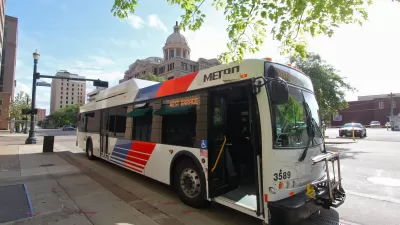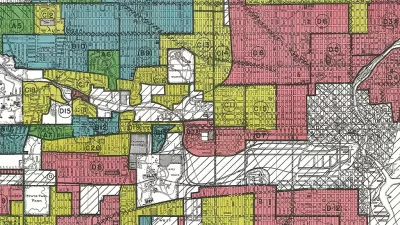A new report from the Kinder Institute for Urban Research highlights the state of housing the Houston and Harris County, and more specifically, the historically Black neighborhood of Settegast in northeast Houston.

The Rice Kinder Institute for Urban Research published a report, 2020 State of Housing in Houston and Harris County, detailing the state of housing supply, affordability, and impact of recent events in the Houston area, publishing new housing data to the Houston Community Data Connections website.
In a blog post published by the Kinder Institute, Luis Guajardo provides context to the report's findings, focusing on the historically Black neighborhood of Settegast in northeast Houston. "Recent events have drawn a much-needed critical eye to the racist housing outcomes that have been perpetuated by public policy. These outcomes not only are evidence of 'racial inequity' but also products of discrete political decisions made at all levels of government — by both policymakers and residents," writes Guajardo.
Guajardo says that current issues in Settegast are rooted in a history of under-investment and choices related to housing and land policy. Settegast is a neighborhood flanked by two major highways, a railroad terminal, and two landfills where black families moved in hopes of escaping predatory lending practices and buttressing opportunity for homeownership and the development of intergenerational wealth for their families. When the neighborhood was annexed in 1949, chronic neglect left the neighborhood with the least sanitary conditions in the Hoston area. In recent decades, in light of increasing rents and decreasing incomes in the neighborhood, planners have ended the legacy of racist under-investment, revising policy to create greater community resilience and reshape the neighborhood.
FULL STORY: Settegast: A case study in endemic racism within Houston’s housing system

Alabama: Trump Terminates Settlements for Black Communities Harmed By Raw Sewage
Trump deemed the landmark civil rights agreement “illegal DEI and environmental justice policy.”

Planetizen Federal Action Tracker
A weekly monitor of how Trump’s orders and actions are impacting planners and planning in America.

The 120 Year Old Tiny Home Villages That Sheltered San Francisco’s Earthquake Refugees
More than a century ago, San Francisco mobilized to house thousands of residents displaced by the 1906 earthquake. Could their strategy offer a model for the present?

In Both Crashes and Crime, Public Transportation is Far Safer than Driving
Contrary to popular assumptions, public transportation has far lower crash and crime rates than automobile travel. For safer communities, improve and encourage transit travel.

Report: Zoning Reforms Should Complement Nashville’s Ambitious Transit Plan
Without reform, restrictive zoning codes will limit the impact of the city’s planned transit expansion and could exclude some of the residents who depend on transit the most.

Judge Orders Release of Frozen IRA, IIJA Funding
The decision is a victory for environmental groups who charged that freezing funds for critical infrastructure and disaster response programs caused “real and irreparable harm” to communities.
Urban Design for Planners 1: Software Tools
This six-course series explores essential urban design concepts using open source software and equips planners with the tools they need to participate fully in the urban design process.
Planning for Universal Design
Learn the tools for implementing Universal Design in planning regulations.
Clanton & Associates, Inc.
Jessamine County Fiscal Court
Institute for Housing and Urban Development Studies (IHS)
City of Grandview
Harvard GSD Executive Education
Toledo-Lucas County Plan Commissions
Salt Lake City
NYU Wagner Graduate School of Public Service





























